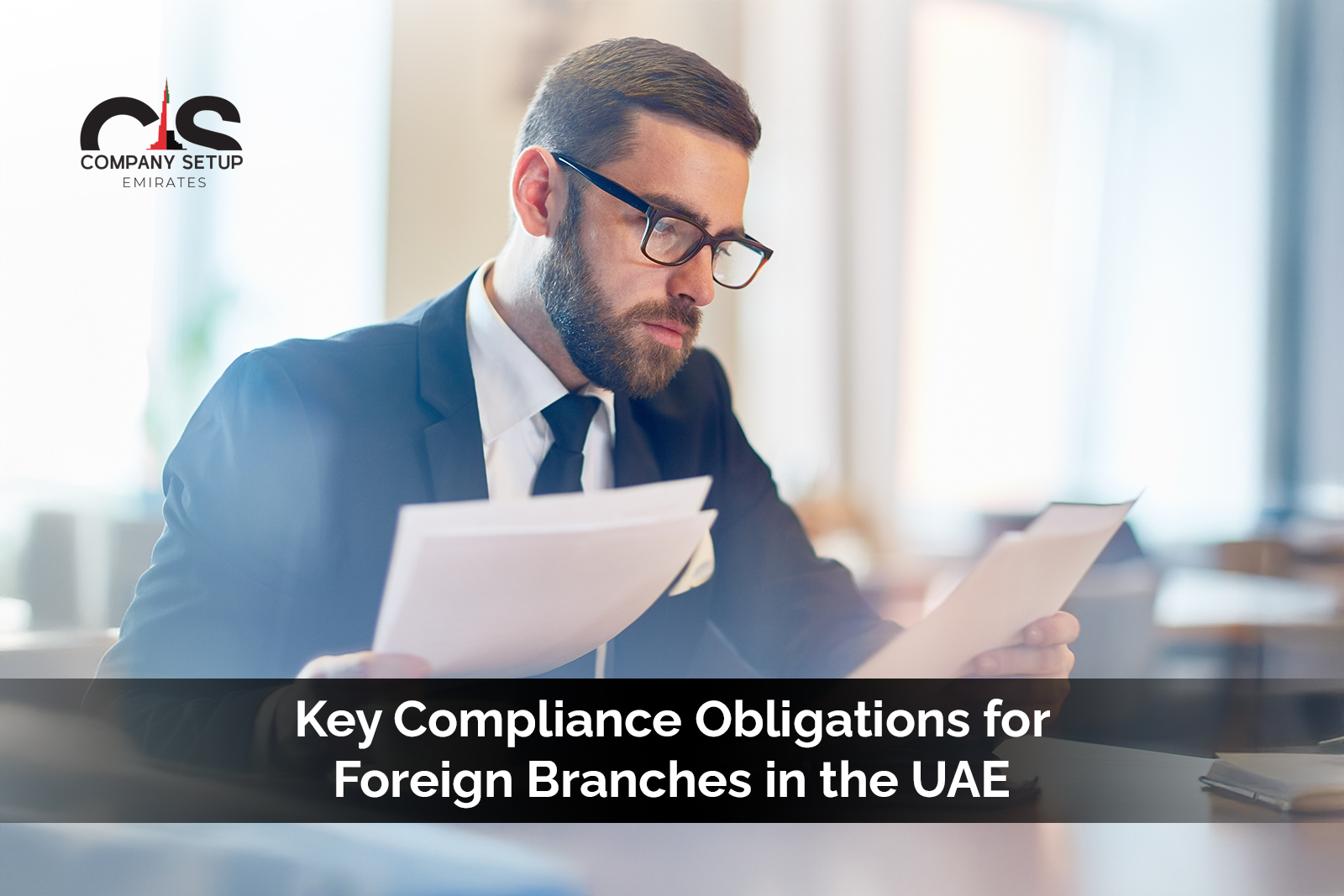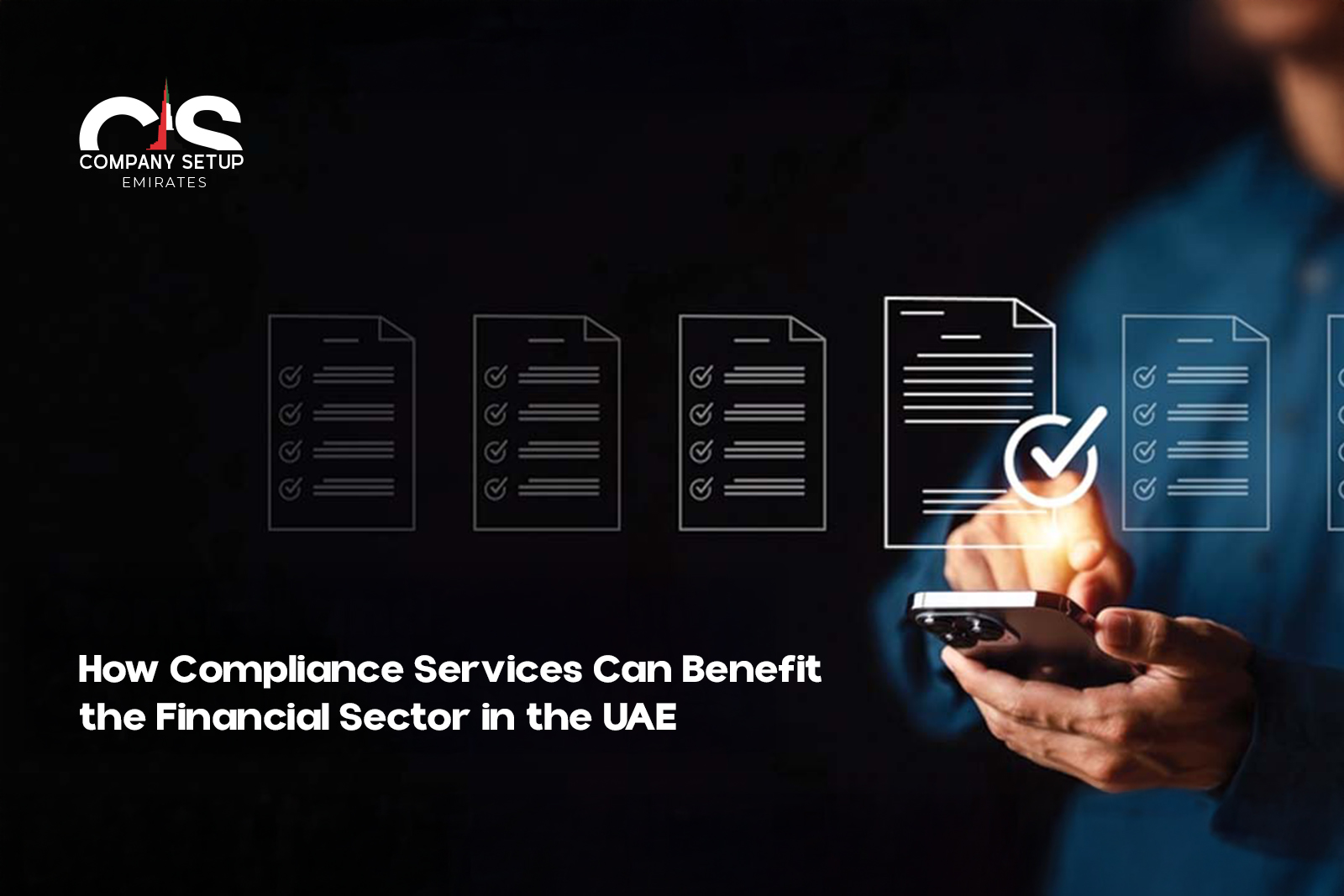Starting a business in Dubai is a dream for many entrepreneurs, especially from India, due to its strategic location, tax benefits, and booming economy. However, while the opportunities are immense, navigating the business environment in Dubai requires careful planning and awareness of the common pitfalls. Many budding entrepreneurs casually make mistakes that can cost them time, money, and effort. In this blog, we will discuss five common mistakes Indians make when starting a business in Dubai and how to avoid them.

Understanding the Unique Appeal of Dubai
Dubai has positioned itself as a global business hub, attracting investors and businesses from across the world. Its infrastructure, connectivity, and pro-business policies make it a magnet for startups and established enterprises alike. For Indians, Dubai is particularly attractive due to its close proximity, cultural ties, and large expatriate population. Despite these advantages, venturing into the Dubai market without proper preparation can lead to challenges. Let’s delve into the mistakes to avoid.
1. Lack of Research on Local Laws and Regulations
Dubai operates under a distinct set of business laws and regulations that differ significantly from those in India. Entrepreneurs often assume that their knowledge of Indian business practices will suffice, which can lead to critical errors.
- Understanding Licensing Requirements: Dubai has multiple types of business licenses based on the nature of the business, such as commercial, professional, and industrial licenses. Choosing the wrong type of license when starting a business in Dubai can result in legal complications.
- Free Zones vs. Mainland: Dubai offers free zones with attractive incentives, such as 100% ownership and tax benefits. However, businesses targeting the local UAE market need a mainland license, which requires a different setup process.
- Compliance with Tax Laws: While Dubai offers tax advantages, businesses are still required to comply with VAT regulations and other financial reporting standards.
Solution: Work with a legal expert or business consultant familiar with Dubai’s regulatory environment. They can guide you through the licensing process, help you understand compliance requirements, and ensure your business is set up correctly.
2. Ignoring the Need for Local Sponsors
For certain types of businesses operating in the Dubai mainland, a local sponsor is mandatory. The sponsor—an Emirati national—typically holds a 51% ownership stake in the company. Many Indian entrepreneurs are unaware of this requirement and attempt to bypass it, which can lead to delays or outright rejection of their business application.
- Role of the Sponsor: The sponsor acts as a bridge between your business and the UAE government. Their involvement is crucial for license approvals and other formalities.
- Selecting the Right Sponsor: Not all sponsors are the same. Choosing a sponsor who understands your business needs and offers flexibility is essential.
Solution: Take time to find a reliable local sponsor or opt for free zone setups where a sponsor isn’t required for ownership.
3. Underestimating Initial Costs
Setting up a business in Dubai requires significant investment, and many entrepreneurs fail to budget adequately. Common expenses include:
- Licensing Fees: Depending on the type of business and its location, licensing fees can vary widely.
- Office Space: Even virtual offices in free zones come with costs, and mainland businesses require a physical office address.
- Visa and Immigration Costs: Business owners and their employees need visas, which add to the setup expenses.
4. Choosing the Wrong Business Structure
The business structure you choose impacts your taxes, ownership, and operational flexibility. Many entrepreneurs opt for a structure based on assumptions rather than careful consideration.
- Sole Proprietorship: Ideal for individuals offering professional services but comes with unlimited liability.
- Limited Liability Company (LLC): Common for mainland businesses but requires a local sponsor.
- Free Zone Company: Offers 100% ownership but restricts business activities to the free zone or international markets.
Selecting the wrong structure can hinder your business’s growth and create legal complications.
Solution: Evaluate your business goals and consult with professionals to choose the structure that best suits your needs.
5. Neglecting Market Research
Dubai is a highly competitive market. Entrepreneurs often jump into business without thoroughly understanding the market dynamics, customer preferences, and competition.
- Cultural Sensitivity: Dubai’s population is diverse, and businesses need to cater to varying cultural preferences.
- Industry Trends: Certain industries, like tourism and technology, thrive in Dubai, while others may face challenges.
- Competitor Analysis: Knowing your competitors’ strengths and weaknesses helps you position your business effectively.
Additional Tips for Success
- Network Extensively: Dubai’s business ecosystem thrives on connections. Attend industry events and build relationships with potential partners and clients.
- Leverage Technology: Invest in digital tools and platforms to streamline operations and reach a wider audience.
- Stay Updated: Dubai’s regulations and market trends evolve rapidly. Stay informed to adapt your business strategies accordingly.
FAQ
Q 1 : What are the first steps in starting a business in Dubai?
A: The initial steps include selecting a business activity, choosing the right business structure, and obtaining the necessary licenses. Additionally, consider whether you want to operate in a free zone or the mainland when starting a new business in Dubai.
Q 2 : Is it necessary to have a local sponsor for all businesses?
A: No. Businesses in free zones do not require a local sponsor. However, mainland businesses typically need one, depending on the business activity.
Q 3 : How long does it take to set up a business in Dubai?
A: The timeline varies based on the type of business and the approvals required. On average, it can take anywhere from a few days to a few weeks.
Q 4 : Can I operate my free zone business outside the free zone?
A: Free zone businesses can operate internationally and within their respective free zones. However, conducting business in the Dubai mainland requires additional permits.
Q 5 : Are there any tax benefits for businesses in Dubai?
A: Yes. Dubai offers several tax benefits, including no corporate or personal income tax in most cases. However, businesses must comply with VAT regulations and specific tax rules based on their industry.
Conclusion
Starting a business in Dubai is a rewarding journey filled with opportunities for growth and success. However, avoiding common mistakes is crucial to ensure a smooth and hassle-free process. From understanding local laws to budgeting effectively and conducting thorough market research, careful planning is the key to success. Whether you are a seasoned entrepreneur or a first-time business owner, seeking professional guidance and staying informed can make all the difference. With the right approach, you can turn your vision into a thriving business in Dubai.






